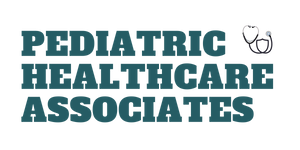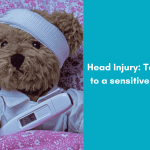Asthma: Symptoms, prevention and care
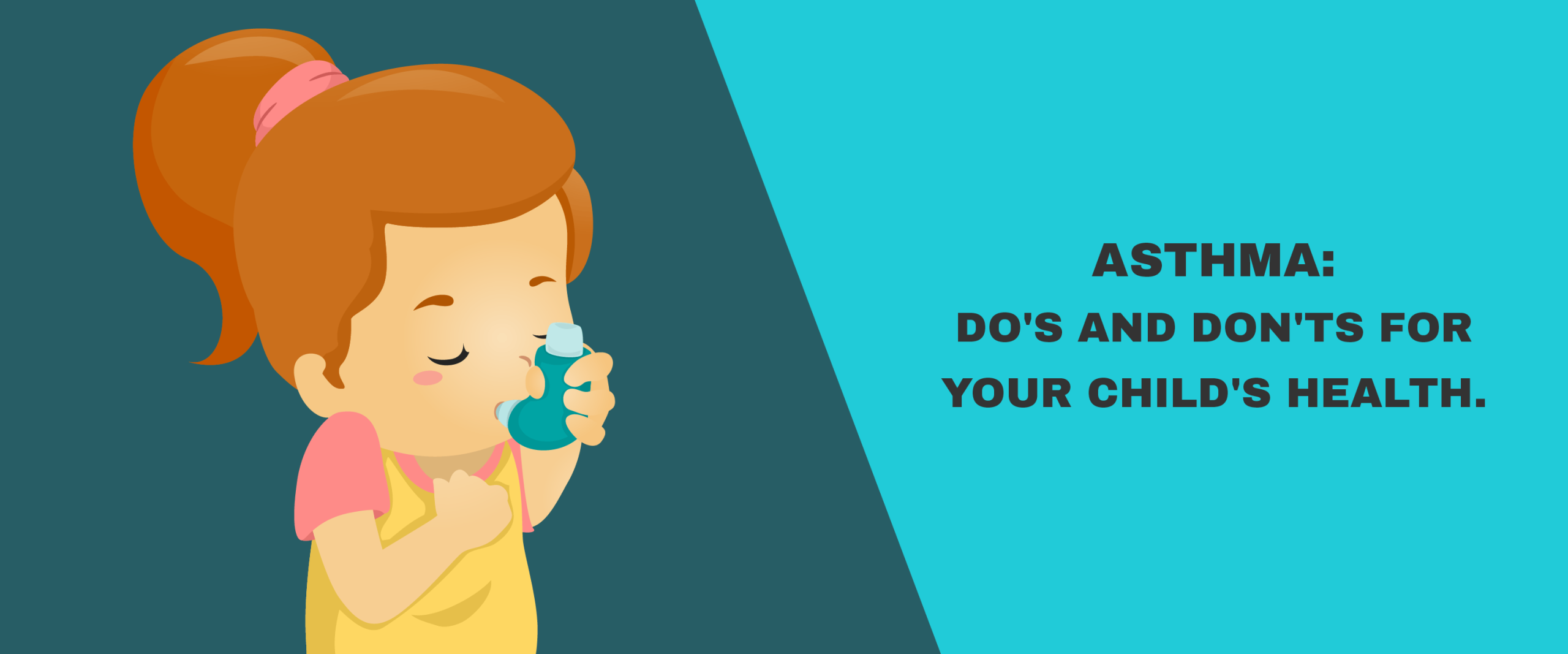 Asthma is a chronic condition that affects the airways, causing them to become inflamed and narrow, making breathing difficult. This condition can be particularly concerning in children, as it can interfere with their daily activities, sleep, and overall quality of life. Parents must recognize the early signs of asthma to ensure timely intervention and management.
Common Symptoms of Asthma in Children
Asthma symptoms can vary in severity, but the most common indicators include:
Asthma is a chronic condition that affects the airways, causing them to become inflamed and narrow, making breathing difficult. This condition can be particularly concerning in children, as it can interfere with their daily activities, sleep, and overall quality of life. Parents must recognize the early signs of asthma to ensure timely intervention and management.
Common Symptoms of Asthma in Children
Asthma symptoms can vary in severity, but the most common indicators include:
- Wheezing: Wheezing is a high-pitched whistling or purring sound that occurs when a child breathes, particularly when exhaling. This symptom is a key indicator of asthma, and if it happens frequently, it should not be ignored.
- Tightness in the Chest: Children with asthma may experience discomfort or pressure in their chest, making it difficult to breathe normally. This sensation can be distressing and may worsen during physical activity or exposure to allergens.
- Frequent wheezing, especially at night or after physical activity.
- Shortness of breath that does not improve with rest.
- Persistent coughing, especially in cold weather or after exposure to allergens.
- Difficulty in speaking or performing routine activities due to breathlessness.
Causes (Triggers) of Asthma Attacks
-
Infection:
Viral infections like cold or flu can trigger asthma. Proper precautions are necessary as the infections can further complicate the condition. -
Pollens:
Pollens are the most general causes of Asthma. A slight irritation from the pollen from trees, weeds and grass can trigger Asthma. -
Animals:
Furry animals like cats or rabbits can be allergic to few children. The allergy can result in sneezes, thus developing into an Asthma attack. -
Tobacco smoke:
Tobacco smoke can elevate the breathing problems in an asthmatic patient. Breathing problems can grow into wheezing and ultimately to an Asthma attack. -
Irritants:
Lots of irritants such as smog, car exhaust, menthol vapors, barns, dirty basement exist around us. The irritants can trigger acute breathing problems. -
Food Allergy (Serious):
Asthma attacks caused by food allergy can be life-threatening (anaphylaxis). Examples are nuts or fish.
Fact check on Asthma:
Asthma poses a serious problem. Children need extra care and attention when it comes to Asthma. Following are few figures and guidelines for Asthma:- Over 10% of children have asthma.
- Your child's asthma can flare up at any time.
- When you are away from your home, always take your child's medicines with you.
- The sooner you start treatment, the faster your child will feel better.
- Here is some care advice that should help.
Dos and Don'ts:
Dealing with Asthma is not easy. Patience, proper precautions curb the asthmatic attacks to a good extent. Following are few guidelines on dealing with the condition.- Your child's quick-relief (rescue) medicine is albuterol or xopenex. Start it at the first sign of any wheezing, shortness of breath or hard coughing.
- The best "cough med" for a child with asthma is always the asthma medicine. Caution: Don't use cough suppressants.
- Try to get your child to drink lots of fluids. It will loosen up any phlegm in the lungs. Then it's easier to cough up.
- Shower to remove pollen or other allergens from the body and hair.
- Avoid known causes of asthma attacks (such as smoke or cats).
- During attacks, reduce exercise or sports if it makes your child's asthma worse.
Call Your Doctor If:
- Trouble breathing occurs
- Asthma quick-relief medicine (neb or inhaler) is needed more than every 4 hours
- Wheezing lasts over 24 hours
Recent Posts

